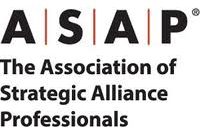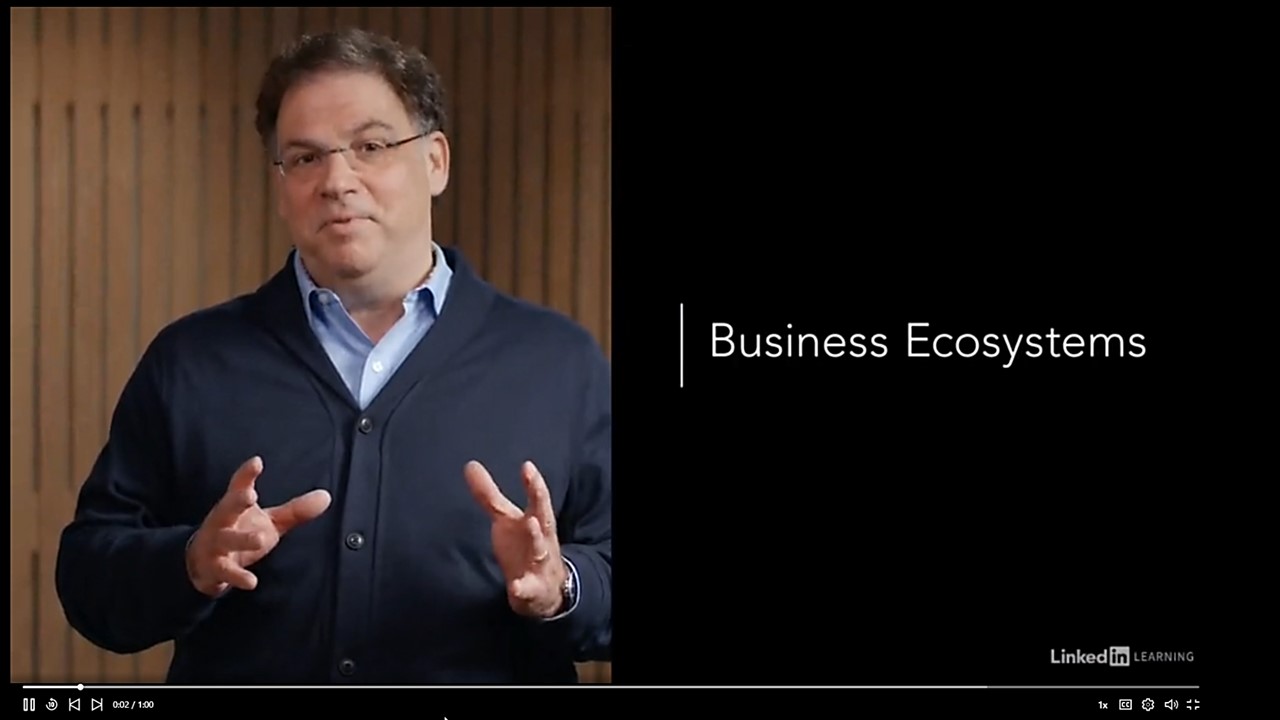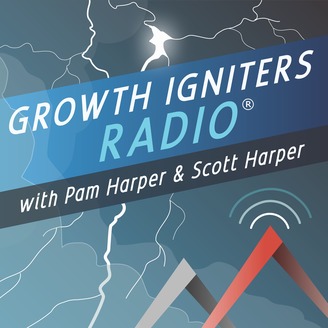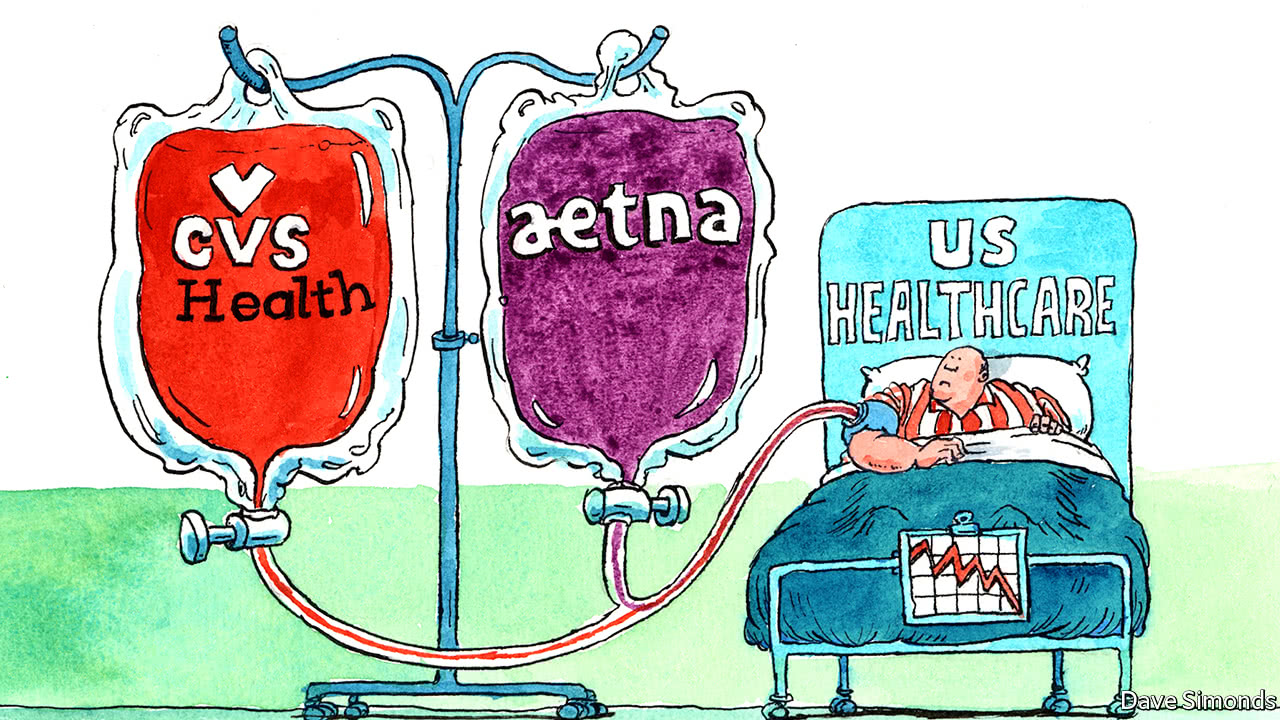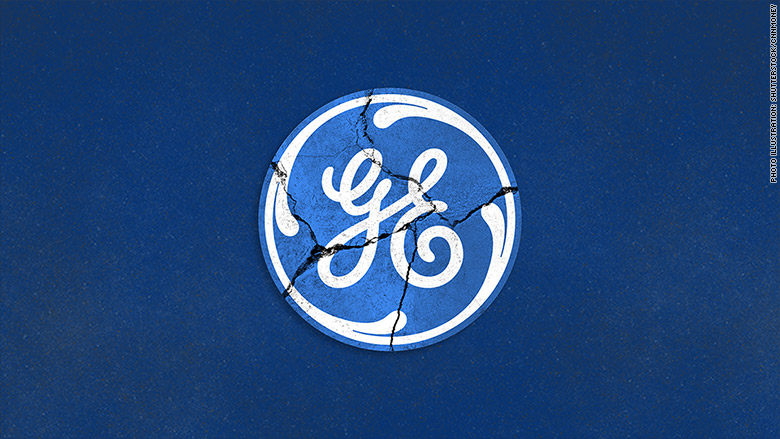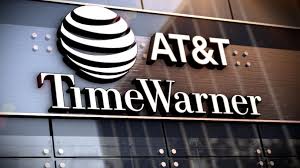By Ben Gomes-Casseres | Originally in HARVARD BUSINESS REVIEW |
Japan Airlines has chosen to stay hitched to American Airlines and not bolt to Delta. In a way, Delta may still come out a winner. Though the details are not yet out, Delta’s courting may well have forced American and its Oneworld allies to pay upwards of $1.4 billion just to hold on to their existing partner in Japan. [Author’s note: Whether or not they pay in cash or kind will remain to be seen, because JAL has so far refused the investment.]
Neither American nor Delta is flush with cash. To see them fall over each other to partner with a bankrupt Japanese airline speaks volumes about the importance of business partnerships in airlines and many other industries. Delta knew that it could both strengthen its hand and weaken the hand of a rival in one fell swoop.
Even with support from Japanese taxpayers, Japan Airlines (JAL) has been struggling for years. The new government in Tokyo finally forced it into bankruptcy late in 2009 and appointed new leadership. Before this last move, Delta and its SkyTeam allies had been trying to pry away the Japanese flag carrier from Oneworld with a package of $1 billion in equity, revenue sharing, and other future benefits.
Since Delta’s merger with Northwest, SkyTeam on its own already had a strong hand in Japan, accounting for a third of U.S. air travel into Tokyo’s Narita airport. American Airlines is much weaker on its own; it services Japan, and, by extension, much of Asia, mostly through JAL, which joined its Oneworld alliance in 2007.
Fearing the loss of this partnership, American first matched Delta’s offer with a little over $1 billion in investments and added business. When it began to look like Delta might carry the day, American found financial allies to help raise its offer to $1.4 billion. In addition, Oneworld promised to strengthen JAL’s position in the group by giving it a more exclusive role in Asia than it had played so far.
During all this, U.S. and Japanese authorities agreed to an open-skies agreement that depended, interestingly, on a grant of anti-trust immunity to JAL and its partner (as well as to the partnership of Japan’s All Nippon Airlines and Star Alliance). American played this to the hilt — a Delta-JAL alliance, it argued, was unlikely to gain immunity from the anti-trust authorities.
The latest news out of Japan suggests that JAL has accepted the offer from American, though financial details have not been disclosed. A thank-you note to Delta may well follow, if it turns out that American is paying to remain a partner.
This story should remind us of three facts about business partnerships:
First, they can be critical to the sustainability or even turnaround of a business. The $1.4 billion offered by American and its allies is not trivial, given that American’s market cap is around $2.4 billion. It will be a while, of course, before we see whether American’s support helps save JAL. But the idea is that combining the complementary strengths of two or more companies can help both compete better. (Fiat’s partnership with Chrysler is another test of this idea.)
Second, this episode reminds us that partnerships can reshape competition. Had Delta won the deal, it would account for an even larger chunk of traffic into Japan than today. Instead, JAL chose an outcome that will likely create better balance between the three global alliance groups. Partnerships can increase competition in a industry, even if they are immune from anti-trust rules. (Yahoo’s recent alliance with Microsoft is another test of this second idea.)
Third, the saga of Oneworld vs. SkyTeam (with the Star Alliance watching from the sidelines) suggests once more that modern competition is increasingly characterized by a battle of group against group, not firm against firm. This pattern is not unique to airlines; it occurs in everything from high tech to autos. Sun Tzu taught us that in this kind of battle, disrupting the alliances of a rival is just as important as forming your own alliances. Delta learned this lesson well.



